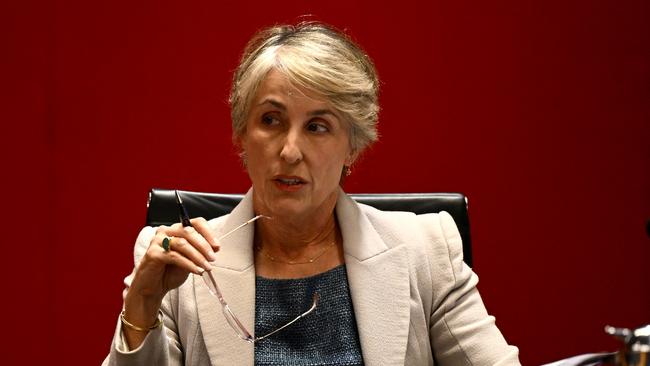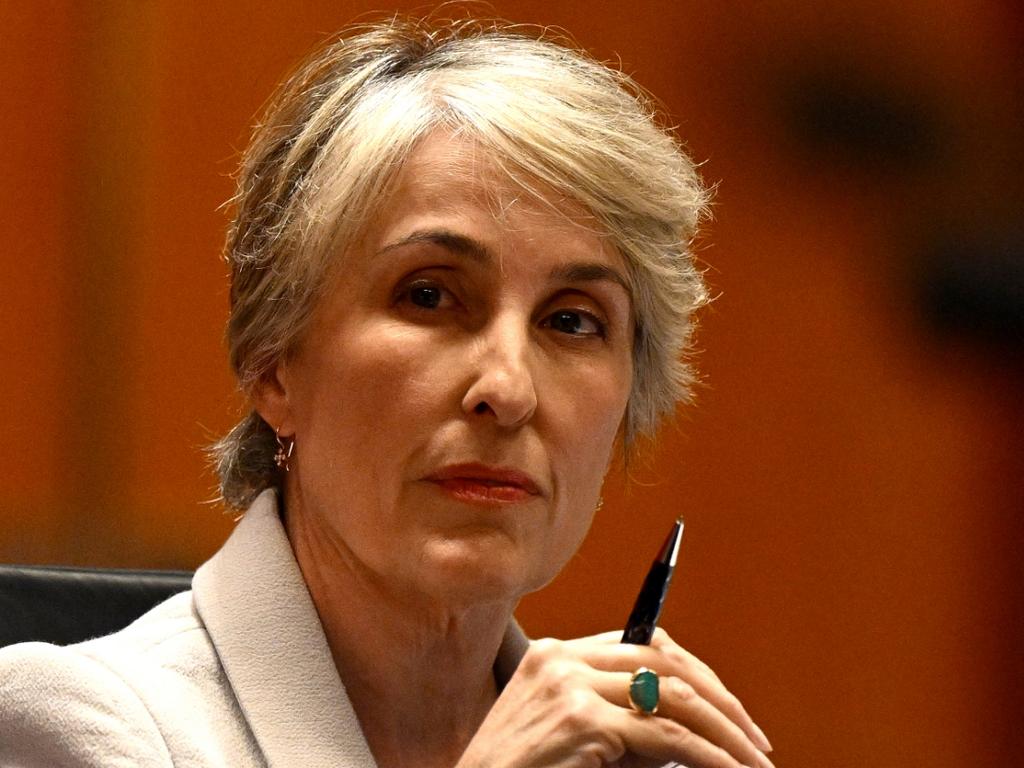‘Why are we here?’ judge asks NSW prosecutor who admits he can’t win
In an extraordinary opening address to the court, the crown prosecutor conceded the case had no prospects of a conviction, as the judge questioned why the matter was brought in the first place.

A NSW crown prosecutor told the District Court in an opening address that the case had no prospect of success, in an extraordinary admission that prompted the judge to offer the prosecutor the chance to seek advice from the private bar before proceeding.
In a devastating blow to the state’s prosecution office, the prosecutor said the prosecution could not exclude the possibility that there was a reasonable excuse for the alleged crime, and therefore there was no hope for a conviction.
Asked by District Court judge Andrew Colefax “how do you win” the matter, the prosecutor replied: “We don’t.”
The judge went on to ask: “Then why are we here?”
The prosecutor replied: “That’s a very good question, your Honour.”
The remarkable facts of the case have been laid bare in a costs judgment delivered late last year but only published on Tuesday.
The judgment comes amid ongoing unease within the office of Director of Public Prosecutions Sally Dowling SC, which has come under pressure from a group of District Court judges accusing prosecutors of running sexual-assault cases that have no hope of securing a conviction.
Ms Dowling on Wednesday _revealed the results of a long-awaited audit into sexual assault prosecutions across the state, which found 17 of 327 matters that were reviewed were discontinued on evidentiary or discretionary grounds.
Eleven cases were found to have not complied with prosecution guidelines.
In a separate matter last year, Judge Colefax raised questions over the prospects of convicting solicitor Hassan Hallak for perverting the course of justice, after he was accused of making false representations in a statement he took from Uber delivery driver Sulaiman Shojaei.
When Mr Shojaei, who had accused the head of the Alameddine crime family and his cousin of stealing his phone, was interviewed by police, he “took issue” with parts of the statement filed by Mr Hallak on his behalf.
Mr Hallak was arrested, charged and the matter was committed to trial in April 2021.
His legal team filed a no-bill application prior to trial calling for the prosecution to drop the case, but the application was rejected by the director’s chambers and the matter proceeded.
In opening his case, the crown prosecutor described Mr Hallak as “a person of good character”.
He accepted that the crown could not rule out the “reasonable possibility” that Mr Shojaei had provided false information to Mr Hallak for the statement, which Mr Hallak had “faithfully” recorded.
In an exchange with Judge Colefax, the prosecutor admitted there were no reasonable prospects of the matter succeeding.
“You are standing here telling me that there is a fundamental aspect of the crown case which needs to be proved beyond reasonable doubt and which the crown cannot,” Judge Colefax said.
The crown responded: “Yes.”
“The whole prosecution, as I see it at the moment, will fail at that point,” Judge Colefax probed. The crown: “Yes.”
The Australian understands the crown prosecutor, who is not named in the judgment, has since resigned from the prosecution office to join the private bar, with his departure causing waves within the office.
At another point, Judge Colefax asked the crown: “Didn’t you say that you can’t exclude the reasonable possibility that Mr Shojaei provided false information that was faithfully recorded by Mr Hallak?”
“I did,” the crown replied. “I hope I put that firmly, your Honour, because your Honour has just …”
Judge Colefax: “Then how do you win? How do you discharge the onus of proof? … But how do you?”
The crown: “We don’t.”
Judge Colefax said the case illustrated possible tensions between the crown’s duty to the court and the instructions of the Director of Public Prosecutions.
The crown also admitted the prosecution could not rule out that there had been a miscommunication between Mr Shojaei – an Afghani immigrant whose first language is Dari - – and Mr Hallak.
“Following this exchange, the crown prosecutor was offered the opportunity of immediately seeking the guidance of a senior member of the Inner Bar on the Bar Council,” the judgment reads.
“The crown prosecutor indicated that he would take such an opportunity. Shortly thereafter, the trial was adjourned to 10am the following morning.”
The next day, the crown prosecutor was replaced with the acting senior crown prosecutor in court.
The acting senior crown prosecutor informed the judge that Ms Dowling had ordered the matter be withdrawn.
Judge Colefax awarded Mr Hallak costs in the matter. The crown consented to the costs order being made.
The ODPP declined to comment.






